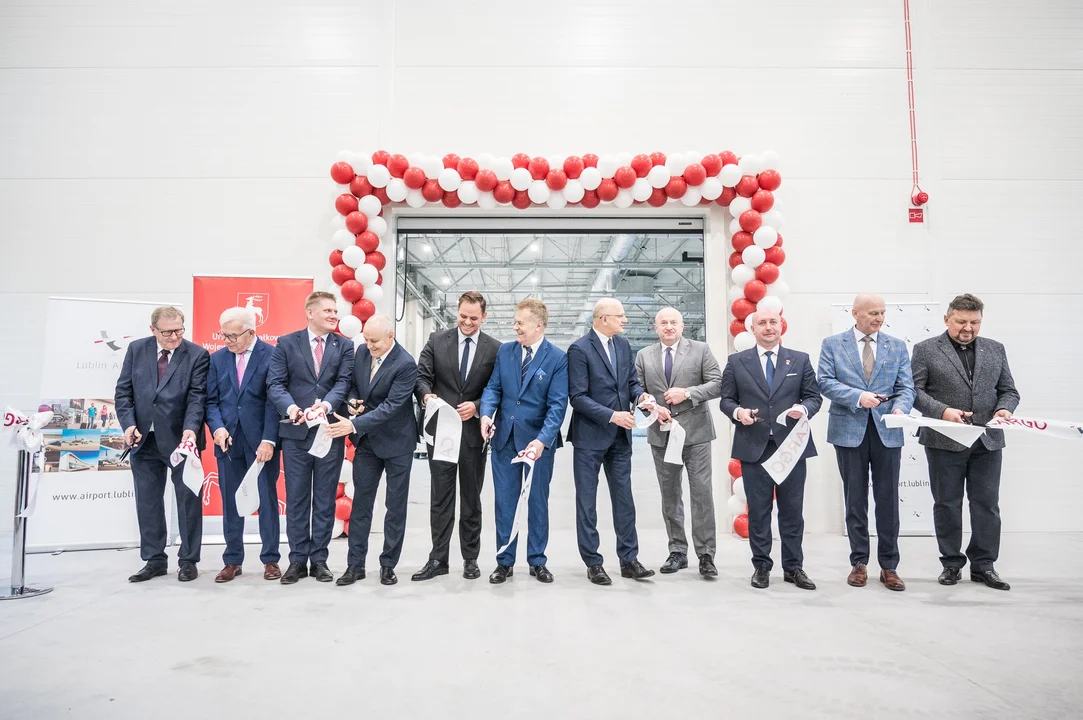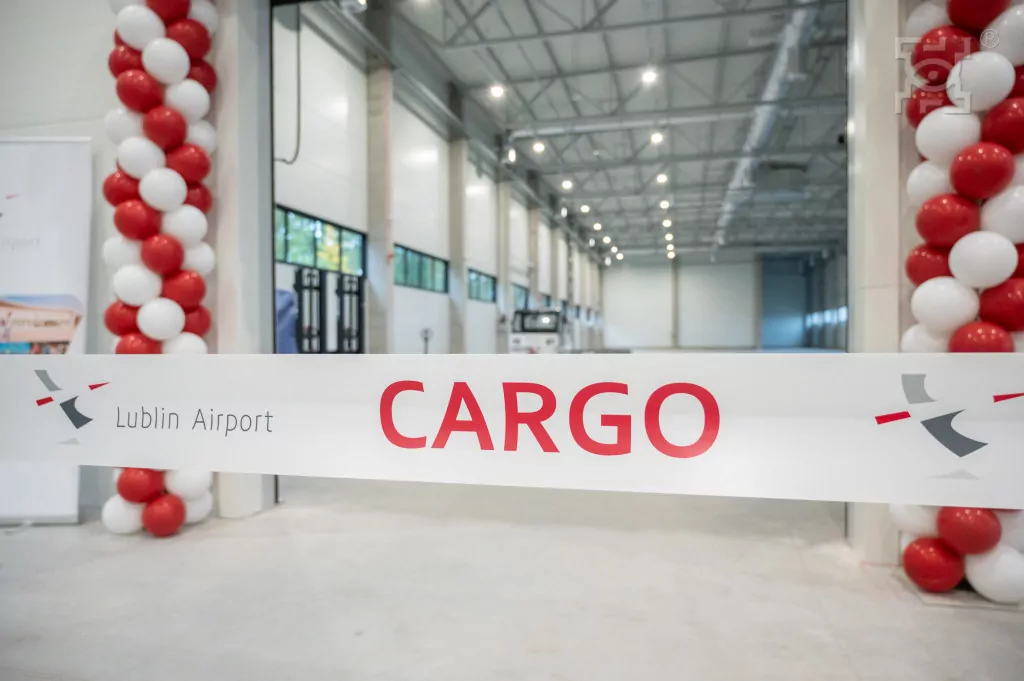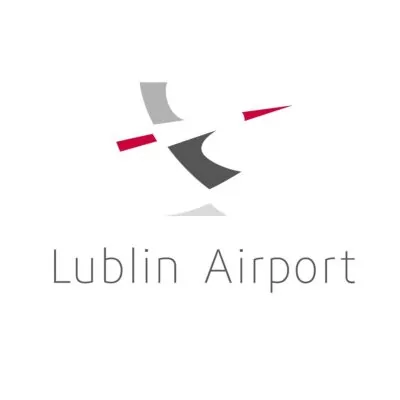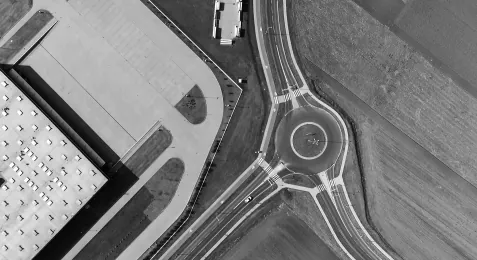Lublin Info Centre
New cargo terminal opens at Lublin Airport

Air cargo transport is one of the fastest-growing sectors in Poland, with vast potential for development. With ongoing infrastructure investments in both road and rail networks, the importance of this new facility in the Lublin region is invaluable, as it fills the gap in air transport infrastructure. I am confident that the new terminal will become a crucial link in the logistics chain for this part of the country. We are fully prepared to manage goods arriving and departing directly through Lublin Airport, said Krzysztof Matuszczyk, President of Lublin Airport.
The terminal’s warehouse is equipped with five loading and unloading ramps and can simultaneously service three trucks (each up to 24 tonnes) for incoming goods, and two trucks for outgoing goods. Cargo prepped on pallets and adapted for ramp loading is handled using electric forklifts. In addition to the cargo warehouse, a new office building has been constructed, along with a manoeuvring area, access roads, and footpaths.
The cargo terminal is fitted with a high-quality scanner capable of screening oversized cargo with dimensions up to 180×180 cm. It can handle a wide range of shipments, including aircraft parts up to 6 metres long, with irregular shapes and weights exceeding 500 kg.
Since March 2021, Lublin Airport has been offering cargo services. Over this time, 40 companies have used the service, sending around 450 shipments weighing a total of over 1,200 tonnes. The farthest shipments have been delivered to the USA and Japan, with other destinations including Iceland, Belgium, Italy, Germany, Spain, Ukraine, and Israel. Cargo has included aircraft parts, automotive parts, general cargo, humanitarian aid for Ukraine, and postal deliveries.
The opening of this modern warehouse enhances the airport’s cargo service potential. The ability to send goods directly from Lublin Airport is a clear advantage for local businesses exporting to various countries worldwide. The airport also facilitates imports, with goods now able to be cleared by customs and collected locally, and they can also be stored in the terminal. The flexible working hours of the cargo service, combined with the lack of long queues, significantly reduce delivery times.
Lublin is one of the most promising locations for new logistics investments in Poland. The city’s educational resources in logistics, its strategic location, the expanding warehouse and manufacturing space market, and the booming e-commerce sector are just a few factors that have made innovative logistics one of the seven key specialisations identified in the Lublin Development Strategy for 2030. The new cargo terminal at Lublin Airport will strengthen the city’s role as a logistics hub and contribute to the region’s involvement in the development of the New Silk Road, said Krzysztof Żuk, Mayor of Lublin.
All operations within the cargo warehouse are conducted in collaboration with the Customs and Tax Office, the airport’s ground handling service, and are overseen by the Border Guard, Airport Security Service, and the Airport Fire and Rescue Service.
I am pleased that the construction of the warehouse and transshipment hall at Lublin Airport has been completed. This investment opens up entirely new developmental prospects for the airport and our region—it provides an opportunity to compete for a strong position in the international freight services market. Thanks to its convenient location and good connectivity, Lublin Airport has the potential to become an important hub for handling and transshipping goods transported to many countries in the European Union. I am convinced that the operation of the new cargo terminal will improve the quality and scope of our province’s logistics offerings, stimulate economic development in the region, contribute to an increase in job opportunities, and significantly expand the export potential of Lublin producers, says Jarosław Stawiarski, Marshal of the Lublin Voivodeship.
Lublin Airport offers several advantages that make it ideal for cargo services. It is an international airport operating 24 hours a day, equipped with navigation systems (ILS CAT. 2) that allow flight operations in poor weather conditions. Moreover, it is well-connected to international and express road networks, as well as rail links. Another advantage is its proximity to the EU’s eastern border, near key border crossings.







